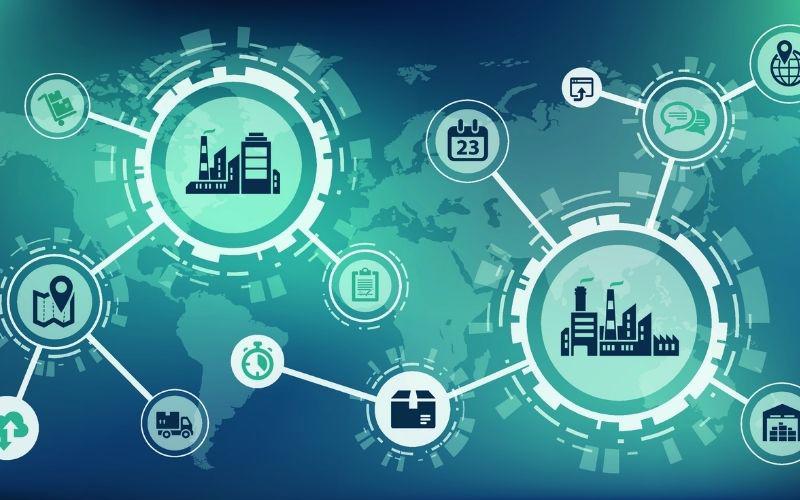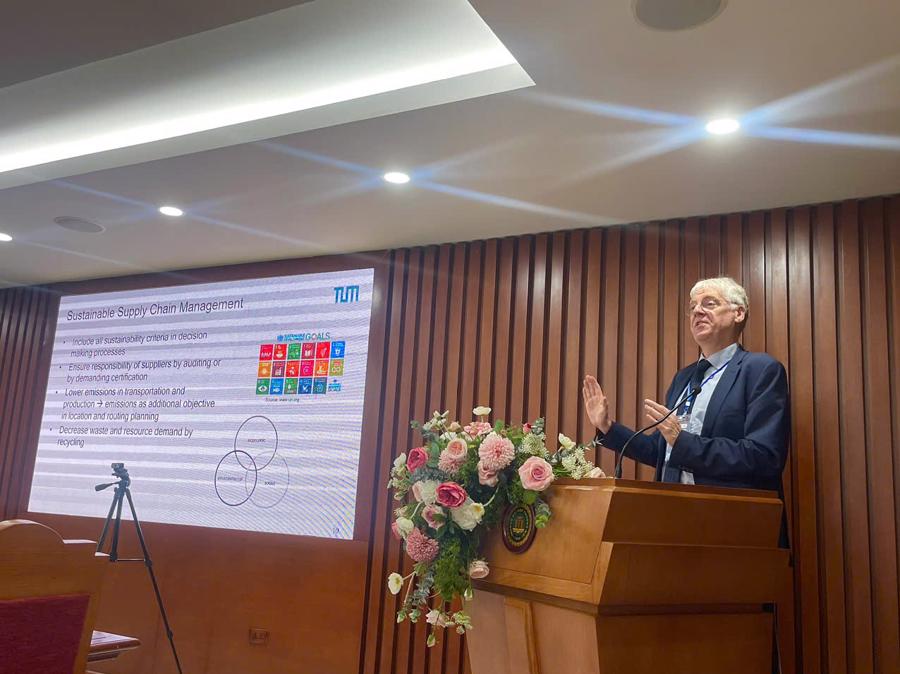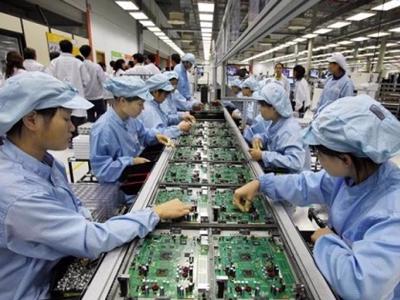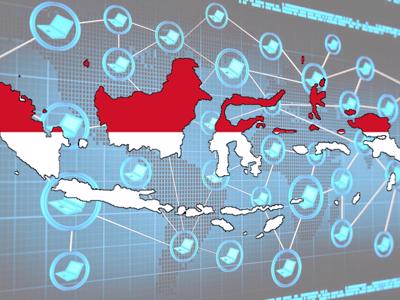Third Vietnam Symposium in Supply Chain Management (VSSCM-2024) held.
At the October 21 event, experts noted that Vietnam needs to integrate advanced technologies to enhance overall efficiency in the supply chain.

According to experts participating in the third Vietnam Symposium in Supply Chain Management (VSSCM-2024), co-organized by the Association of Vietnamese Scientists and Experts (AVSE Global) - a Paris-headquartered organization of Vietnamese scientists and experts with a global reach, and the Thuong Mai University on October 21, Vietnam’s supply chain currently holds many advantages for strong development in the context of globalization, therefore, to fully leverage this potential, the promotion of technology applications in the supply chain is essential to increase efficiency and competitiveness in the international market.
VIETNAM PLAY AN IMPORTANT ROLE IN THE GLOBAL SUPPLY CHAIN
In the context of significant shifts in the global supply chain, Vietnam is emerging as a promising strategic destination. With a close trade link with such major markets as China, Japan, South Korea, the EU and the United States, Vietnam plays a crucial role as a key node in the international trade network. Moreover, the fact that around 40 per cent of goods moving from the Indian Ocean to the Pacific must pass through the East Sea further affirms Vietnam’s position as an ideal hub for connecting and promoting global trade.
“Vietnam currently provides a stable political and economic environment, and its strategic geographical position makes the country a natural logistics hub in Southeast Asia,” Mr. Alexandre Dolgui, Professor from the Institute of Industrial and Systems Engineers (IISE) under the IMT Atlantique (France), emphasized. “Thanks to these factors, Vietnam’s role in the global supply chain will undoubtedly continue to be strengthened and expanded in the future”.

According to data from the General Statistics Office (GSO), total foreign direct investment (FDI) in the processing and manufacturing industry (a core sector in the supply chain) in the first nine months of this year reached $15.63 billion, maintaining its position as the leading sector attracting FDI in Vietnam. These figures indicate that Vietnam is increasingly asserting itself as an attractive destination for international investors, especially in the context of global businesses working to diversify their supply chains.
Moreover, Mr. Stefan Minner, Professor for Logistics and Supply Chain Management, Technical University Munich (Germany), noted that another key factor supporting Vietnam’s supply chain is the country’s expanding consumer market, which is attracting companies looking to integrate production with local consumption.
“The Vietnamese government has also introduced various investment incentive policies, encouraging businesses to set up operations that not only boost exports but also strengthen Vietnam’s overall supply chain”, he added.
APPLY MODERN TECHNOLOGY IN SUPPLY CHAIN ACTIVITIES
Along with inherent advantages, the integration of technology into the supply chain in Vietnam will enhances efficiency, reduces costs, improves inventory management and accuracy, while also promoting transparency and reliability through technological solutions. According to experts, technology also makes the supply chain more flexible, enabling quick responses to market fluctuations, supporting sustainable development through resource optimization, and facilitating global connectivity.
A report on the digital economy in Southeast Asia forecasts that the added value of Vietnam’s digital economy will reach $52 billion in 2024, compared to $14 billion in 2020, equivalent to a 3.71-fold increase. With this remarkable growth rate, leveraging the development of the digital economy and technology within the supply chain is of utmost importance.
Experts also agree that modern technology has become a key driver helping Vietnam improve the efficiency of its supply chain. Advanced technologies such as Artificial Intelligence (AI) and Machine Learning are opening up significant opportunities for optimizing supply chain operations. These technologies not only help reduce costs but also improve the connection between stages in the production process.
“Additionally, additive manufacturing is expected to transform traditional production methods, thereby enhancing Vietnam’s competitiveness in the supply chain,” Prof. Minner said
Moreover, in order to maintain competitiveness, Vietnam needs to accelerate the application of technologies like AI and Machine Learning. These technologies not only improve production efficiency but also play a crucial role in transportation and logistics management - key components of the supply chain.
“My advice is that Vietnam should begin building capacity in these technology fields, particularly through education. AI and machine learning should be integrated into university curricula as core subjects to maintain Vietnam’s supply chain’s competitive edge in the global market,” Prof. Dolgui added.
























